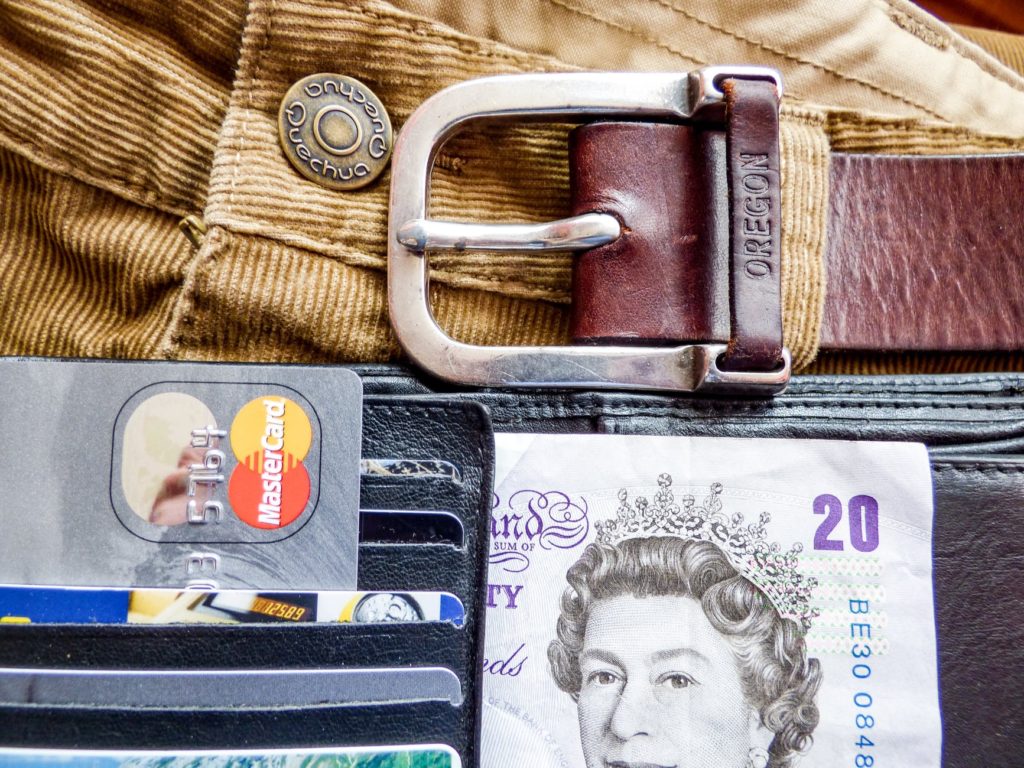
This is a dilemma that plenty of travelers are going to come across at some point. It must be said right off the bat, that you can’t really pick one option, and figure that your selection will work best for any trip that you take. The question of is it better to travel with cash or a card, is one that you may have to ask yourself every time that you take a trip. What we want to do is go over some of the different factors that could potentially influence your decision. In an effort to create a checklist if you will. This will potentially be something that you can come back to every single time that you’re going to be taking a new trip to see which option will fit best for your new adventure.
Overall it’s certainly more practical to take a card for your travels and just forget about having to deal with coins and bills. If we’re just talking about storage space optimization, taking a card on your trip is potentially the best thing that you can do. With that in mind, why would you even consider cash? Well, for one there may be certain trips that you take, particularly to rural areas, camping or whatever it may be, where you may not be able to pay with a card for basic necessities. This can apply for both foreign and domestic trips. What if the showers, or the washers and dryers that you’ll have to use at the roadside stop only take quarters? Those are certainly things that you’re going to want to account for.
Is It Better To Travel With Cash or Card? – Which Payment Method Helps You To Spend Less Money?
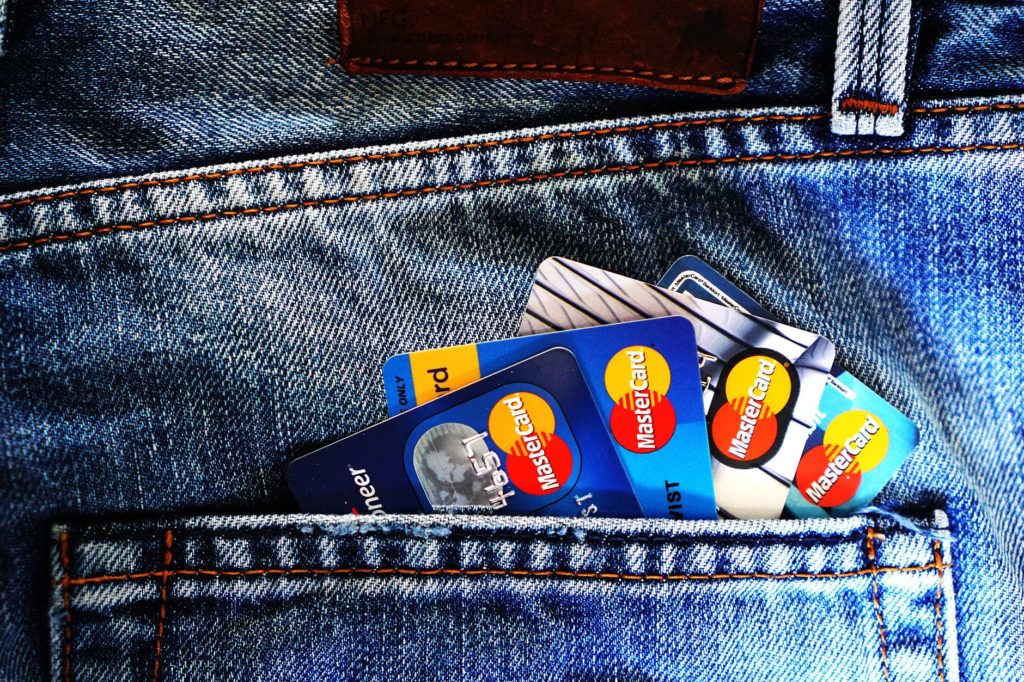
In a sense what we’re trying to get at here is what works best for you! For some people cash just seems to slip through their fingers without them even realizing it. In other cases the card makes you spend more money because you just swipe and forget about it. You’ll be dealing with the financial fallout from your trip at a later date. Is that really something that you’re going to be comfortable with? When it comes to international travel this is actually a very valid question that you’re going to want to answer. It can directly impact our main question of “is it better to travel with cash or card”.
The thing is when you’re traveling internationally you may be able to get a good deal when exchanging your regular currency to the local currency. The way to do that is going to vary from country to country. There are places like Argentina for example where there was a large black market for American dollars. You could get a lot more bang for your buck there than you could with the official rate. In that sense taking cash and looking for a good deal could mean you’re spending less because your money is going to be worth more. In other spots you may be better suited to use your card and stick to Visa or Mastercard exchange rates and fees. They may be better than what you can find on the street. This is something that you have to investigate on a per country basis.
When Traveling By Plane Cash Is Going To Be Limited
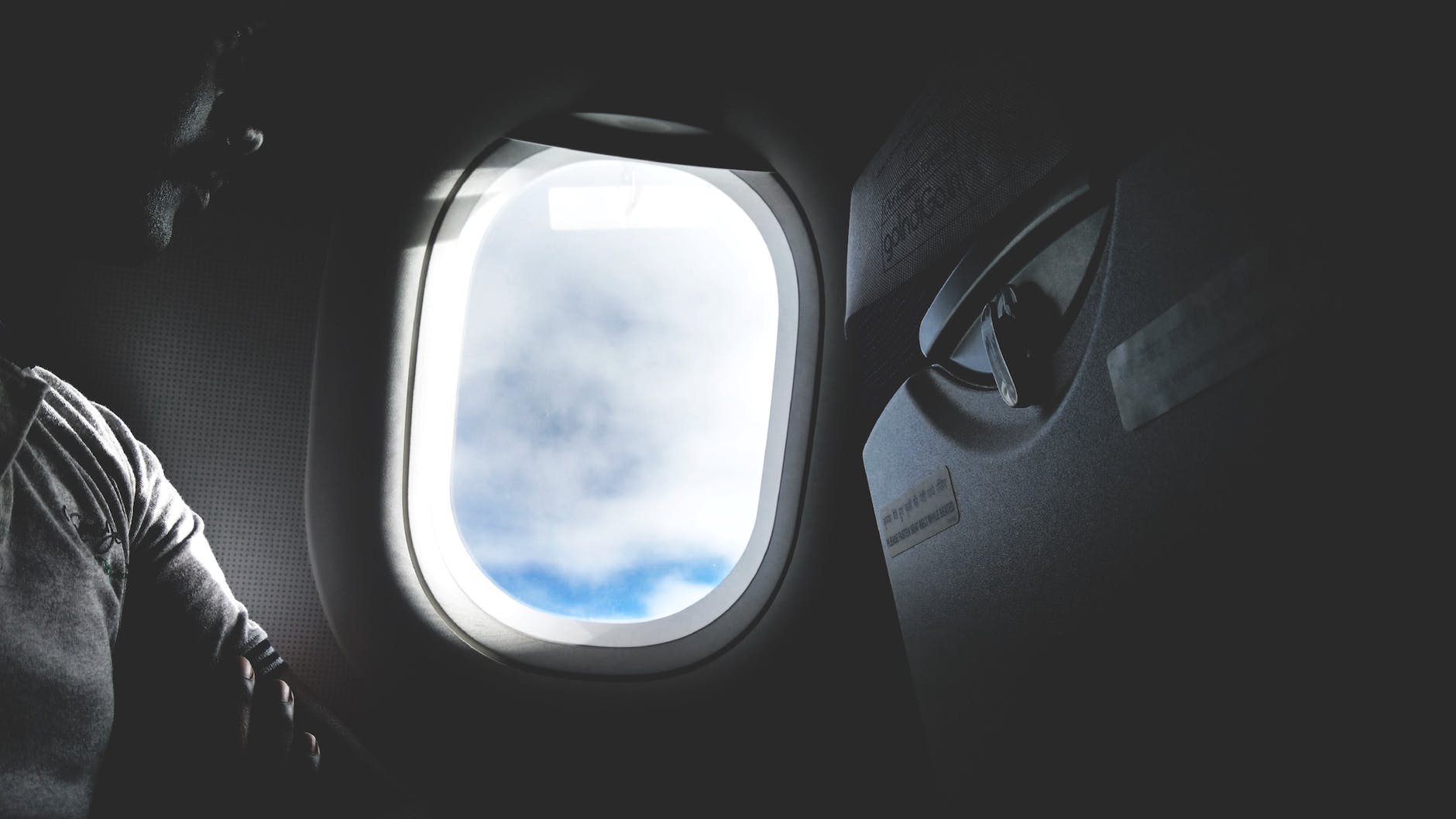
Another one of the things that you’re going to want to account for is the amount of cash that you can take on a plane. You can travel with up to 10,000 dollars in cash as a general rule. Some countries may have different laws in this respect. Again in the interest of creating a checklist of things to look out for before you travel this is certainly one of the important things that you’re going to want to keep in mind. Let’s be clear here, you can travel with more cash than 10,000 dollars, but you’d have to declare the money before the local authorities. The problem is you can be taxed by local authorities if you’re carrying more money.
If you don’t declare the cash and you get caught you can find yourself in quite the predicament. Even if you obtained the money through legal work or investments authorities are pretty much going to assume there’s something fishy. At the very least you’re going to be detained, and you’re going to have to find a way to defend yourself against allegations that are going to come your way. Meanwhile, if you’re carrying a credit or debit card that essentially gives you access to way more money it’s ok. There’s no one that’s going to come at you for that. In fact local authorities love it when rich tourists come to visit! Talk about a double standard though.
Using Credit or Debit Cards In Another Country
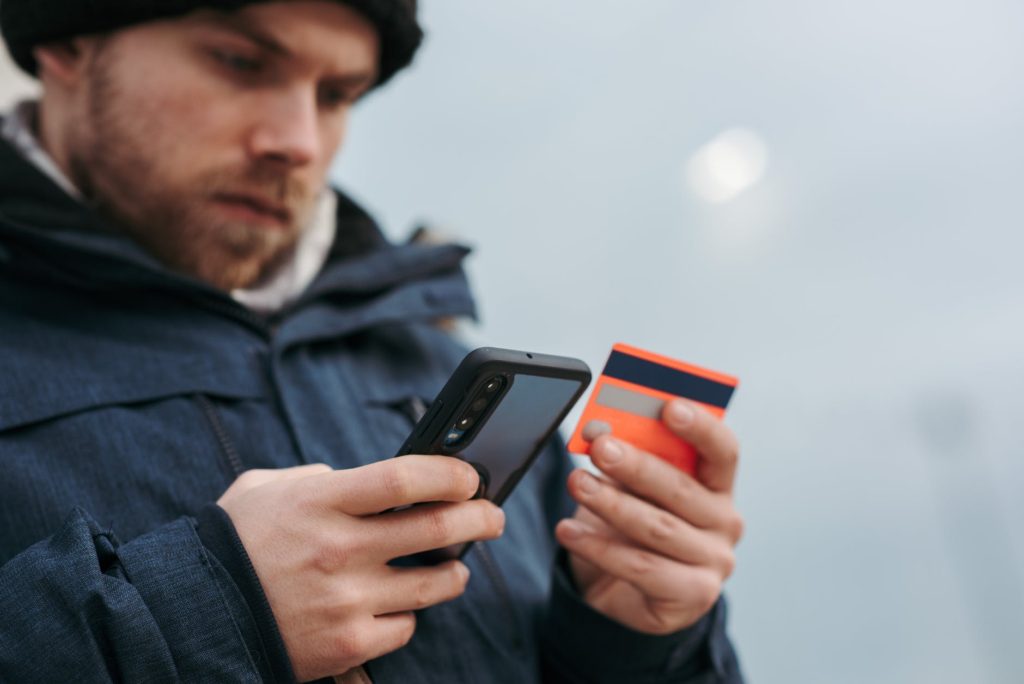
We have a full article on the site on this particular topic. There are a couple of things in this realm that you should also be aware of. Number one is the fact that credit card companies may very well block your card on the first purchase that you try to make in another country. You can call your bank ahead of time and let them know that you’re going to be traveling. This can be a good strategy to make sure that you avoid that first purchase mayhem that could ensue if your card gets declined. What are you going to do if your card gets declined when you’re traveling to a country where you don’t know the language? This can be a real problem that you’re going to want to avoid.
Another of the important points that you’re going to want to keep in mind is that you typically want your card handler to be the one to offer the exchange rate. You may be offered the opportunity to pay in your card currency or in local currency. You’re going to want to pick local currency. When you do that Mastercard or Visa are responsible for the exchange rate. If not it’s going to be the local bank or the terminal operator that will set the rate. A lot of times that rate is going to be off the charts. Those are just two things to keep in mind when using your credit or debit card at an ATM or when paying for something abroad.
Rural Trips vs Urban Travels

If you’re visiting the main city of virtually any country across the globe you can pretty much rest assured that credit cards are going to be accepted. There are certainly notable exceptions. If you want to have a better sense of whether or not a country is going to accept credit card payments you may want to look into the internet speed from local networks that the country that you’re visiting gets. Even in some of the most underdeveloped countries or countries that look that way on the surface you may be surprised to find rather modern capital cities and urban centers. Don’t store the plastic away just yet. Another thing that you can do is look for ATMs through map apps to get a sense for how many of these are actually in the region. That’s another good indicator.
Even if you’re going to travel to a developed country, if you’re visiting a rural area it’s going to be harder for you to be able to find a spot where cards are accepted. That’s just a fact of life in some of these spots. In certain cases the lack of modern infrastructure is something that locals take pride in. Saying that they intend to keep their traditions ongoing for as long as possible. When you visit a place like this, know that it’s probably better to carry around local currency in your pocket. Just in case you find yourself in a pickle. The last thing that you want is to be stuck in the middle of nowhere, and to have no cash to get back to your hotel or the main city.
Is It Better To Travel With Cash or Card – Exchange Rates In Foreign Travel
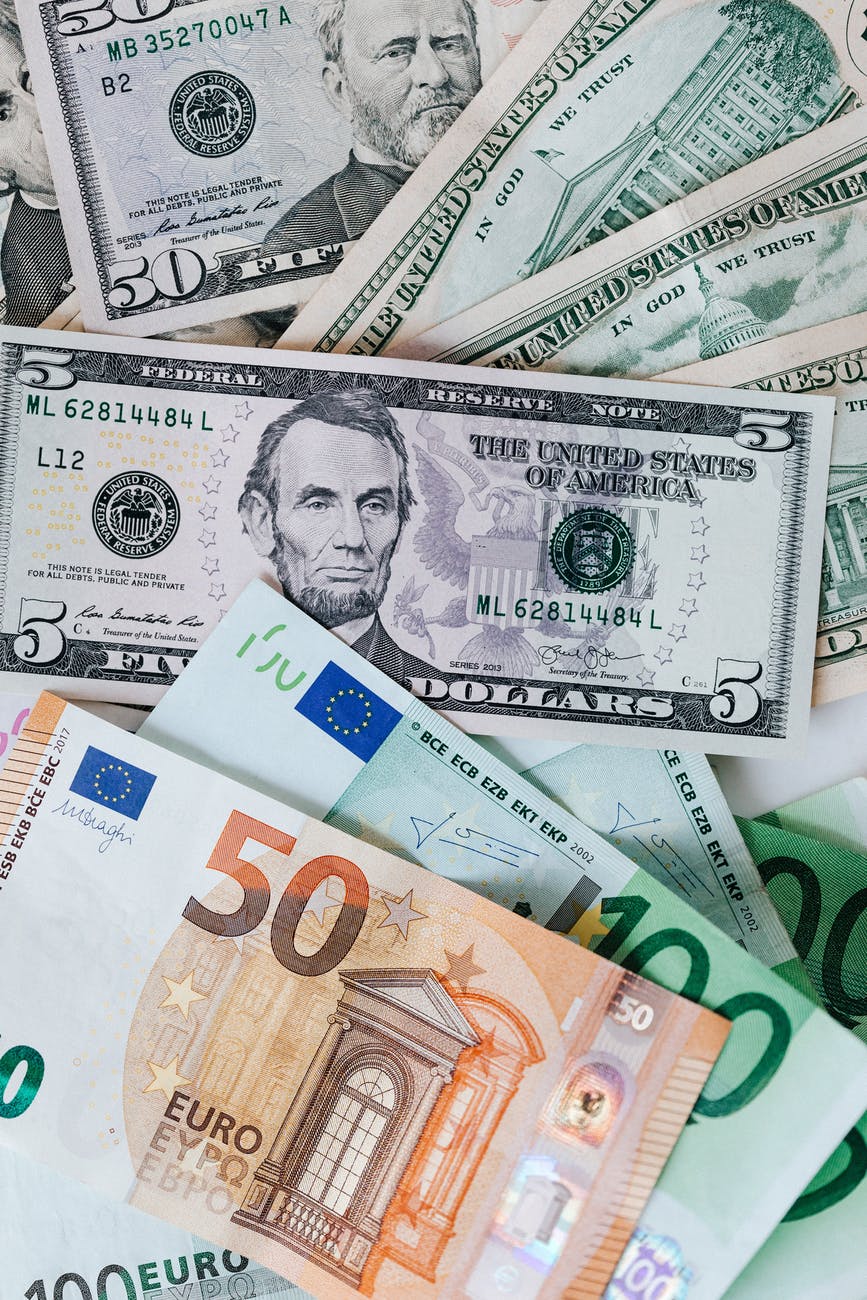
Exchange rates are something that you’re going to want to be on the lookout for. You’ve probably heard that exchanging money at the airport is a bad idea. They tend to have some of the worst rates in town. They can do that because plenty of people get off a plane without cash to fund their cab ride to the hotel, and that’s who they end up having as a client. In certain European cities the black market for currency exchange is really dangerous. You could end up with fake currency and things of that nature. When you factor that into the equation staying with your regular card could be a much better way to go about things.
When you’re paying Euros with a card that is in US dollars you’re going to want to make sure that your bank is the one responsible for setting the exchange rate. If you see the accept the conversion line on the payment processor you’re going to want to hit no. Once you do that it’s going to be your bank who is going to be in charge of the conversion. You can actually get money at an ATM through this method if you bring your debit card. That can be a much safer, and cheaper way to get local currency without having to step foot in a physical exchange booth.
Calculating How Much Money You Want To Spend On Your Trip
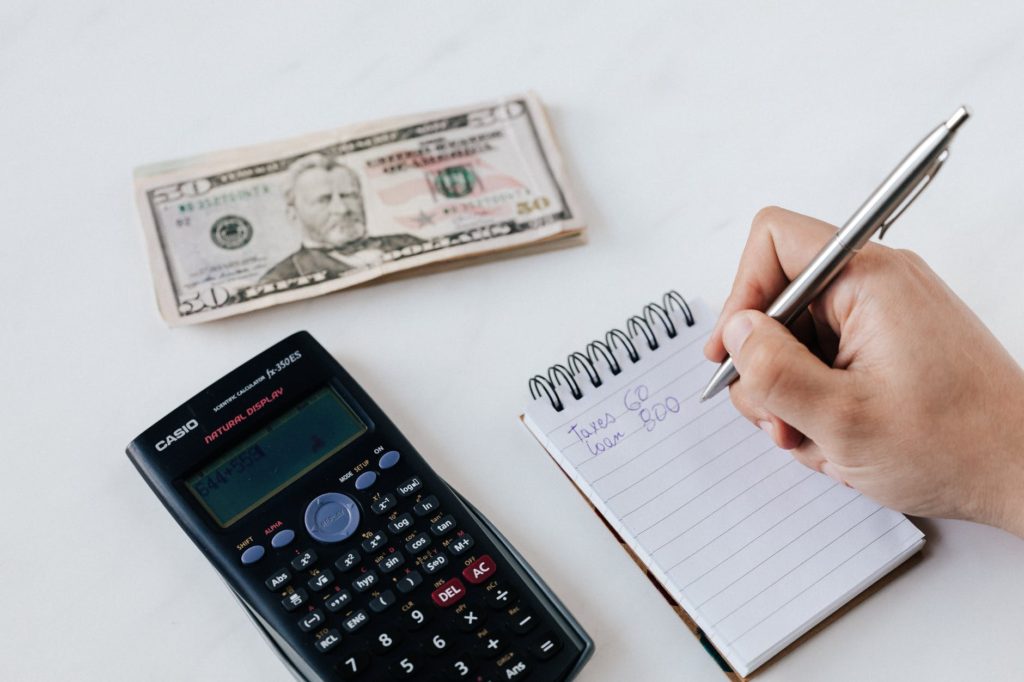
Getting a sense for how much money you’re going to be willing to spend on a trip is not only good financial practice. It’s also a positive thing to do because you’ll be able to spot irregularities within your purchases. Going back to exchange rates make sure that you have a sense for what the rate is before you travel. Make no mistake about it, even with your credit card provider setting the rate you’re always going to be getting unfavorable rates. What we mean by that is, what you see in Google is never what you’re going to get. You’re going to be getting a rate that is favorable to the card company or the payment processor.
When you know how much you want to spend, and how much you should be charged for each purchase that you make, you’re going to be able to make better financial decisions across the board. With how things are shaping up, a card may be the better option to take abroad. We say this to try and answer the original question of is it better to travel with cash or card. We’ll be handing out our final verdict here in the next paragraph.
Is It Better To Travel With Cash or Card Conclusion
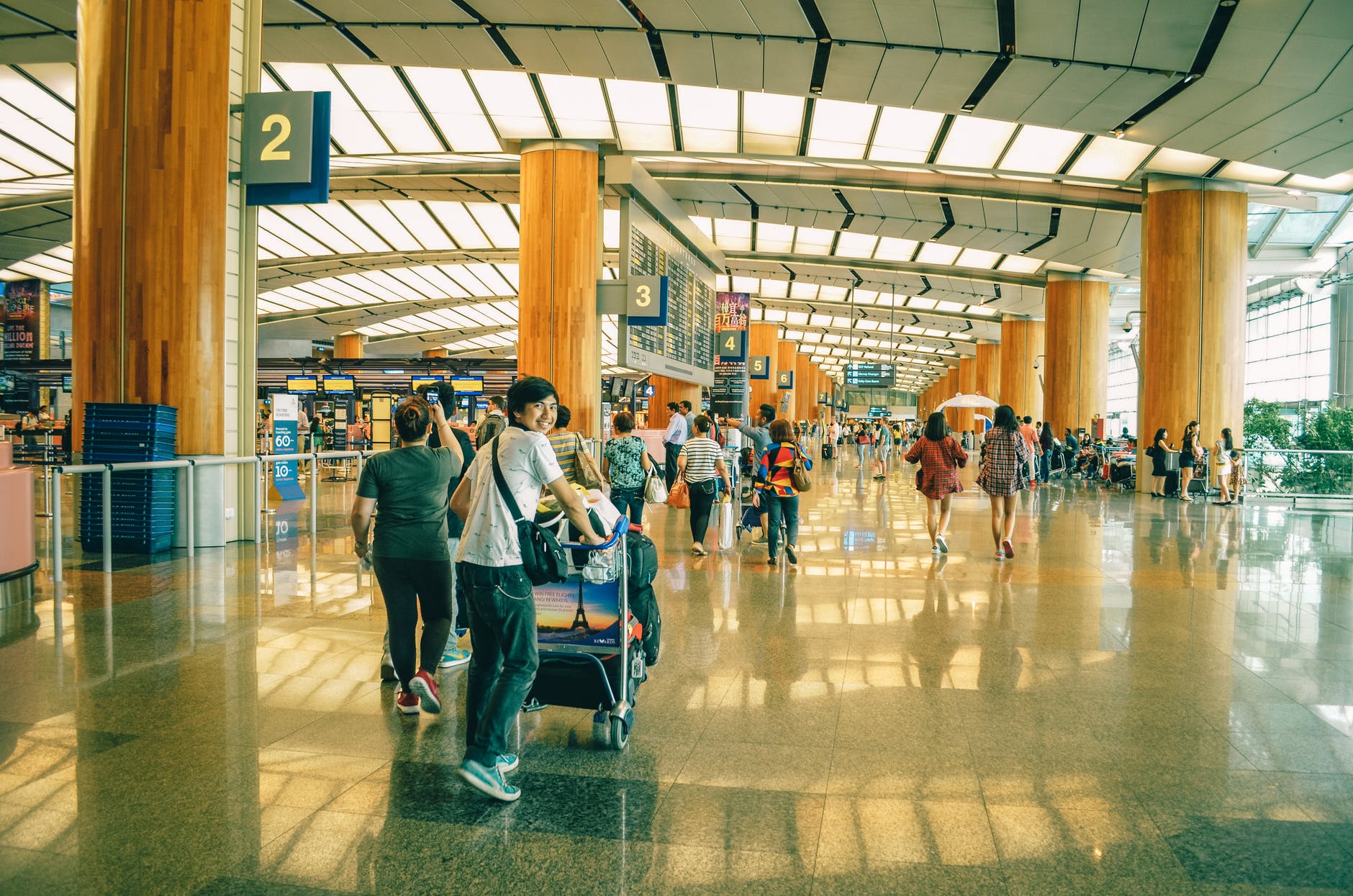
Even if you’re going to be in a rural area where you’re going to need cash it may be a good idea to take a card, and get cash on location. Unless you’re somehow able to exchange the cash somewhere where you know that you’re able to get a good deal. Of course, in that situation just make sure that the cash you’re taking with you is under ten grand. If you’re going to a rural area in a foreign country unless you’re going to be living there for months you wouldn’t really need ten grand would you?
Taking into account normal vacation traveling we would definitely say that you want to take a card with you. If you can take a debit and a credit card with you, that may very well be the best thing to pack. Because that’s going to allow you to use an ATM without having to worry about massive fees from your credit card company. You’re going to be safer making purchases though when you use a credit card versus a debit card. On most trips you’re going to be able to manage the cash that you have on hand. Most countries have developed to the point where major credit cards are widely accepted in the main urban areas across the globe.